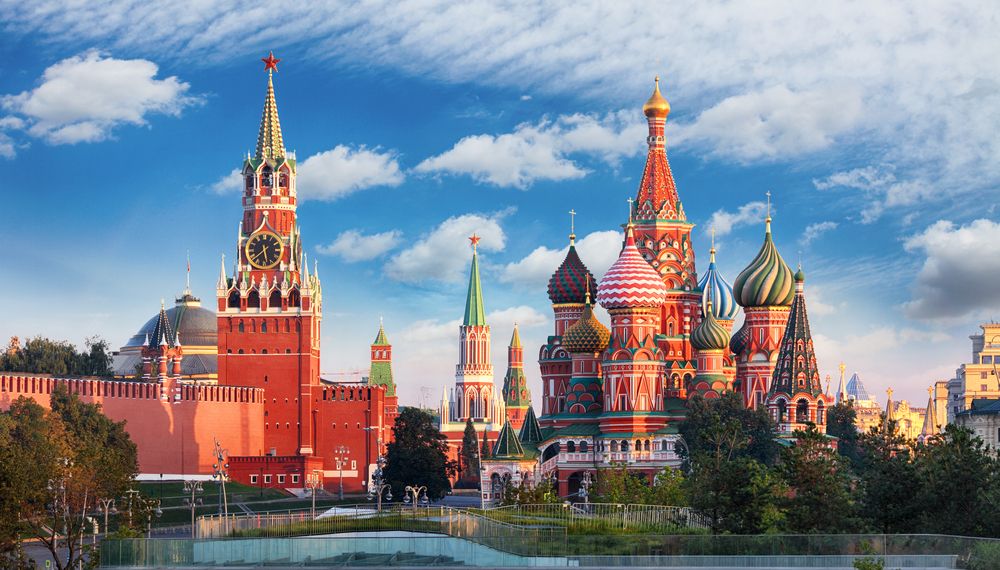Taiwan’s presidential election will be resolved on January 13th with far-reaching implications beyond the island nation’s borders. While domestic politics will take center stage, the vote carries significance for the global electronics industry, a sector heavily reliant on Taiwan’s advanced chipmaking capabilities.
The two main contenders present distinct visions for Taiwan’s relationship with China, a factor with a crucial bearing on the future of its semiconductor industry. The incumbent Democratic Progressive Party (DPP), under President Tsai Ing-wen, has pursued closer ties with the US and Japan, fostering collaborations in chip production and research. This approach, as James Crabtree, director of the China programme at the International Institute for Strategic Studies, notes, aims to “mitigate geopolitical risks” for Taiwan’s tech crown jewel, TSMC, the world’s leading chipmaker.
A DPP victory could lead to further decoupling of Taiwan’s tech sector from China and deeper integration with the West. Mark Liu, TSMC’s chairman, as quoted by the Financial Times, emphasised their efforts towards “building a resilient and diversified production capacity” to safeguard against geopolitical uncertainties. This closer Western alliance, while potentially securing a more reliable supply of advanced chips for global tech giants, could also exacerbate tensions with China, a nation already sensitive to Taiwan’s self-governing status.
The opposition Kuomintang (KMT), on the other hand, advocates for a more conciliatory approach towards China. Bonnie Glaser, director of the China programme at the Center for Strategic and International Studies, explains that this stance raises concerns about “increased pressure on Taiwanese chipmakers” under a KMT government, potentially disrupting supply chains and impacting a wide range of industries. While Eric Chu, the KMT’s presidential candidate, as reported by Reuters, believes maintaining “friendly relations with the mainland” is crucial for Taiwan’s economic stability, particularly in the high-tech sector, such an approach also carries the risk of China gaining greater influence over Taiwan’s tech prowess, potentially unsettling the existing global balance.
Whatever the outcome, the election’s impact is likely to be far-reaching. As analysts at the Center for Strategic and International Studies put it, “The future of the semiconductor industry, and potentially the global tech order, may well hinge on the Taiwanese people’s choice.”
Thousands of senior engineers and procurement professionals subscribe to our LinkedIn Market Intel newsletter – get yours here
For more help with looking at supply chain options, contact Astute Electronics





